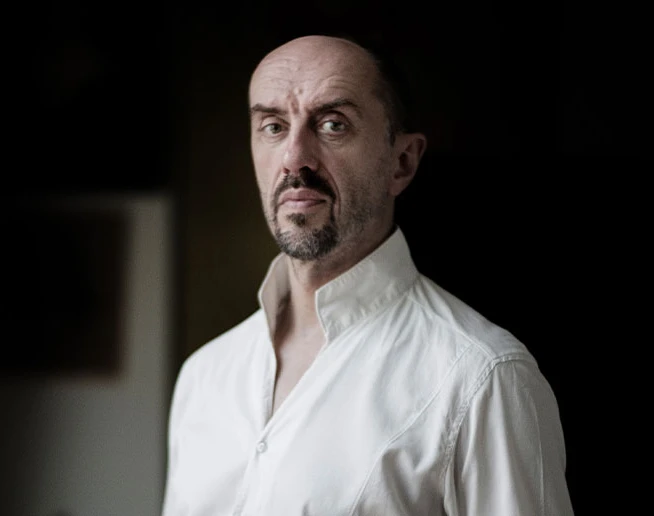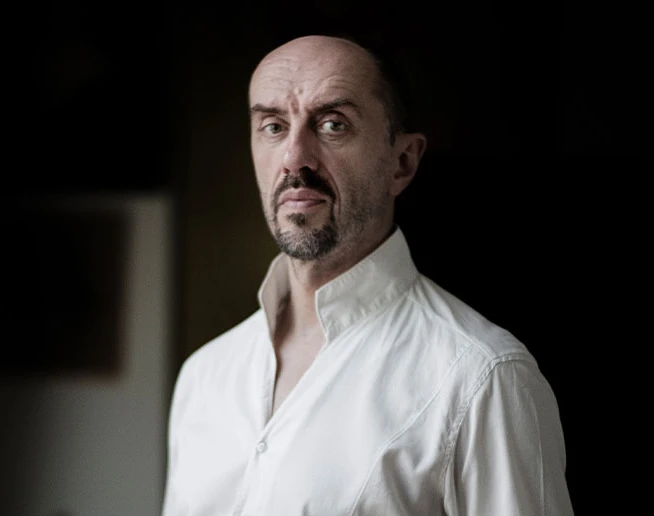Hulda
César Franck
In this rare Hulda, the musician rediscovers all the lyricism so characteristic of his symphonic and chamber works.
Dates
Jennifer Holloway | Hulda
Véronique Gens | Gudrun
Judith van Wanroij | Swanhilde
Marie Gautrot | Hulda's mother / Halgerde
Ludivine Gombert | Thordis
Edgaras Montvidas | Eiolf
Matthieu Lécroart | Gudleik
Christian Helmer | Aslak
Artavazd Sargsyan | Eyrick
François Rougier | Gunnard
Sébastien Droy | Eynar
Guilhem Worms | Thrond
Matthieu Toulouse | Arne / A Herald
Gergely Madaras | direction
Orchestre Philharmonique Royal de Liège
Chœur de chambre de Namur
Full version
Sung in French, surtitled in French and English
About
Hulda, composed between 1879 and 1885, was never performed during César Franck's lifetime and took more than a century to be premiered in its entirety (London, 1994). Inspired by a Norwegian play, this medieval legend closely follows Wagner's imagination without turning its back on French grand opera. Premiered in Monte Carlo in 1894 in an abridged version and minimalist staging, the work was then cleverly "buried" by Franck's students. Preferring to keep the image of a composer of pure music, they reserved for themselves the glory of embodying the Wagnerian legacy on stage. If these issues are now obsolete, we are left with Hulda, "a high-flying score, brimming with invention, with a gripping evocative force and a lyrical quality of the highest order" according to Joël-Marie Fauquet, the composer's biographer.
COPRODUCTION Palazzetto Bru Zane | Théâtre des Champs-Elysées | Orchestre Philharmonique Royal de Liège / Centre d’Art Vocal et de Musique Ancienne
Dans le cadre du bicentenaire César Franck (1822-2022) de l’Orchestre Philharmonique Royal de Liège et du 9e Festival Palazzetto Bru Zane Paris



